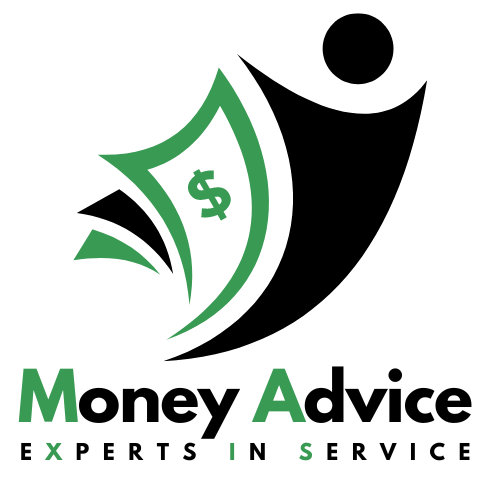Personal loans are a popular financial product that many individuals turn to when they need to borrow money for various reasons, such as consolidating debt, funding a home renovation, or covering unexpected expenses. When it comes to personal loans, one of the key decisions borrowers need to make is whether to choose a fixed or variable interest rate.
### Introduction
When applying for a personal loan, borrowers have the option to select between a fixed or variable interest rate. Each type of interest rate has its own set of pros and cons, and understanding the differences between the two can help borrowers make an informed decision that aligns with their financial goals and circumstances.
### Fixed Interest Rate Personal Loan
A fixed interest rate personal loan is one where the interest rate remains constant throughout the term of the loan. This means that the monthly payments will also remain the same, providing borrowers with predictability and stability in their budgeting. Fixed interest rates are typically higher than variable rates initially, but they offer the advantage of protection against interest rate increases in the future.
#### Pros of Fixed Interest Rate Personal Loan:
– Predictable monthly payments
– Protection against interest rate hikes
– Easier budgeting and planning
#### Cons of Fixed Interest Rate Personal Loan:
– Higher initial interest rates
– Limited potential for savings if market interest rates decrease
### Variable Interest Rate Personal Loan
On the other hand, a variable interest rate personal loan is one where the interest rate can fluctuate over time based on market conditions. This means that monthly payments can vary, making it challenging for borrowers to predict their future financial obligations. Variable interest rates are typically lower than fixed rates initially, but they come with the risk of potential interest rate increases in the future.
#### Pros of Variable Interest Rate Personal Loan:
– Lower initial interest rates
– Potential for savings if market interest rates decrease
#### Cons of Variable Interest Rate Personal Loan:
– Uncertainty in monthly payments
– Exposure to interest rate hikes
### Making the Right Choice
When deciding between a fixed and variable interest rate personal loan, borrowers should consider their individual financial situation and risk tolerance. If stability and predictability are top priorities, a fixed interest rate loan may be the better option. On the other hand, if borrowers are comfortable with some level of risk and are seeking potential cost savings, a variable interest rate loan could be more suitable.
It’s also essential for borrowers to carefully review the terms and conditions of the loan, including any potential fees or penalties associated with early repayment or refinancing. Additionally, consulting with a financial advisor or loan officer can provide valuable insights and guidance to help borrowers make an informed decision.
In conclusion, whether to choose a fixed or variable interest rate personal loan ultimately depends on individual preferences and financial goals. By weighing the pros and cons of each type of interest rate and considering personal circumstances, borrowers can select the option that best aligns with their needs. Regardless of the choice made, responsible borrowing practices and diligent financial management are key to successfully managing a personal loan.

 Home Loan Handbook
Home Loan Handbook McDonald’s Monopoly
McDonald’s Monopoly Rattle the Market
Rattle the Market Stock Market
Stock Market Real Estate Secrets
Real Estate Secrets